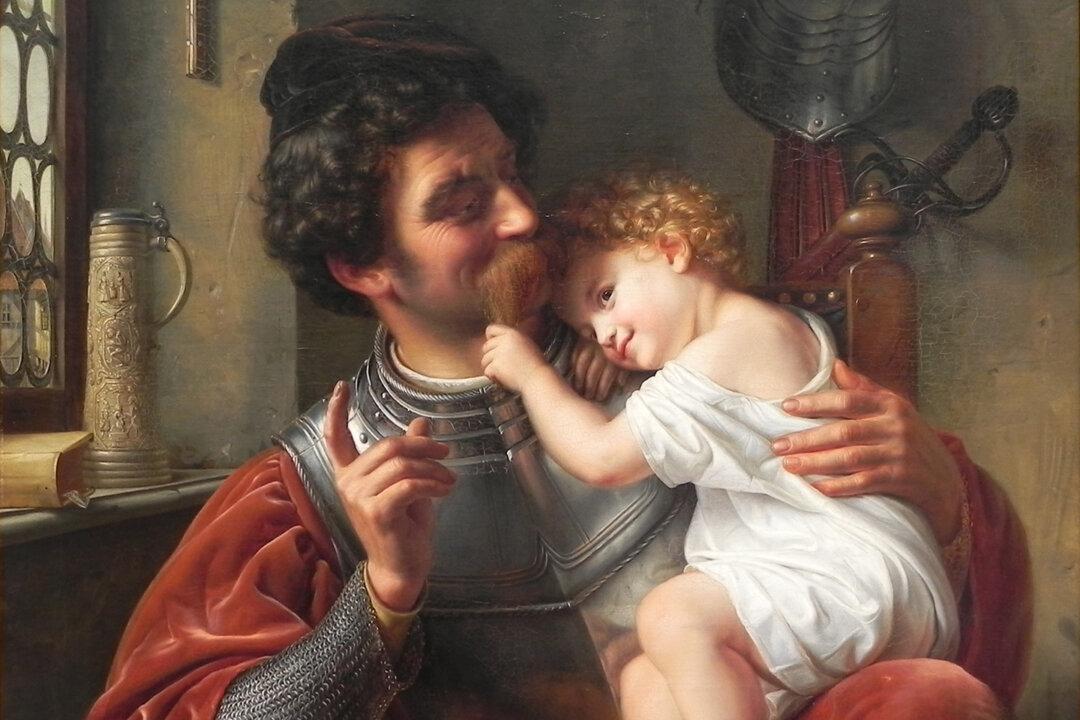Good fathers are surprisingly absent in great works of literature. It would be easier to compile a list of weak, tyrannical, or simply absent fathers vanishing from the pages of the classics than to compile a list of outstanding examples of paternity.
Yet this should not surprise us. The fundamental engine driving all stories is conflict. Tension, opposition, problems, and disorders that characters must overcome form the basis of all that we read. You have no story if you have no conflict. Imagine a tale, for example, wherein the protagonist decides to become president, runs a few ads, gets elected by a landslide, and holds an uneventful eight years in office—not very interesting, is it? Characters must endure the sufferings and tragedies of life and struggle against enemies and obstacles; such a story makes us care, and it is more truthful.






